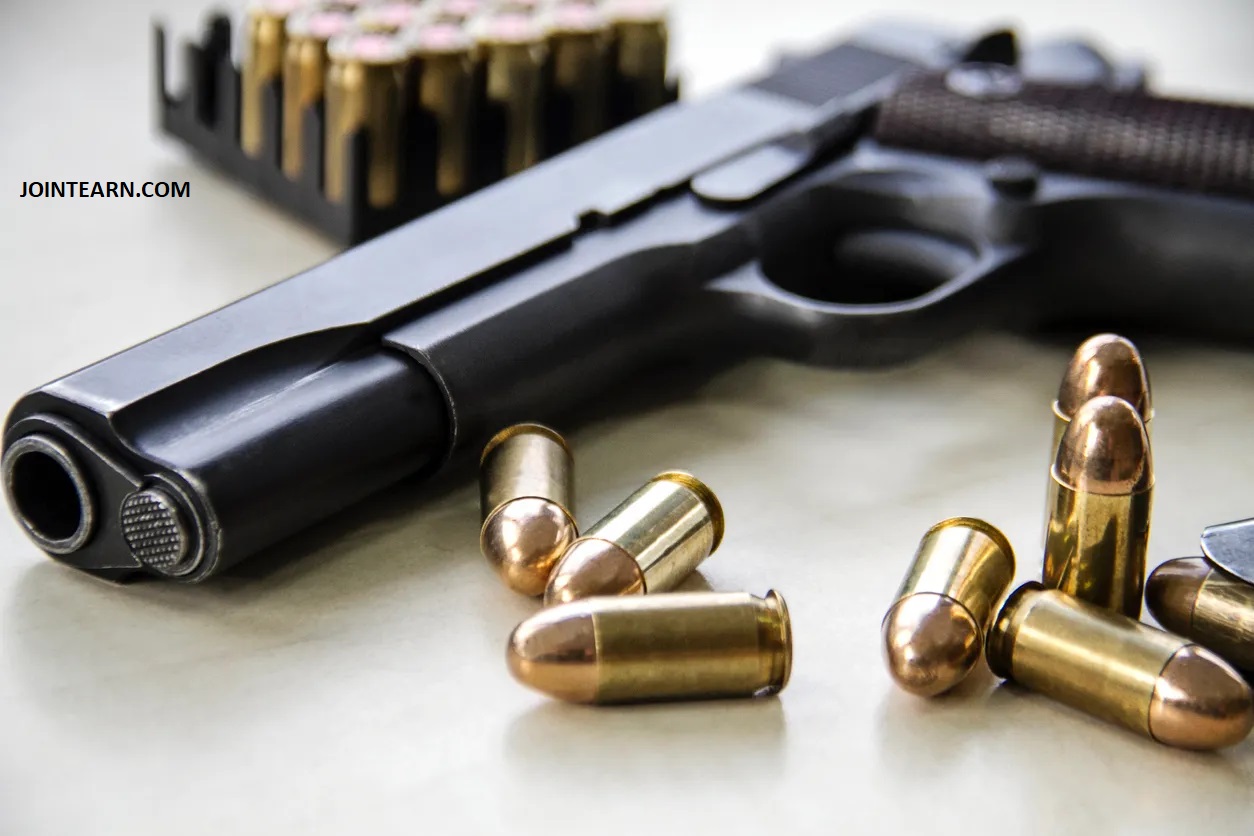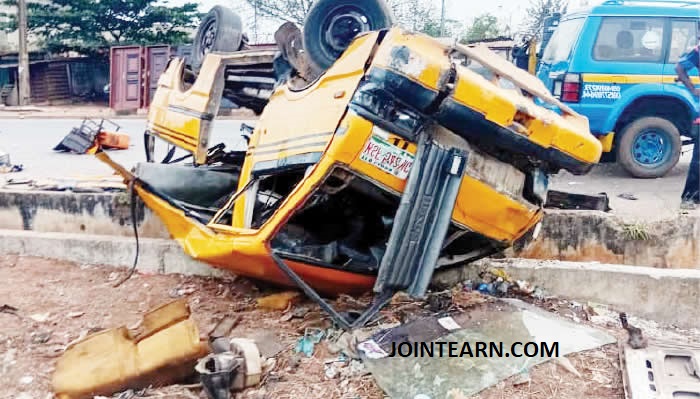A growing chorus of public figures, including former government officials and security experts, is calling for the approval of gun ownership for ordinary citizens. This movement is gaining momentum across the country, spurred by concerns over rising crime rates, inadequate security, and the erosion of public safety. Among the most prominent voices is the former Minister of Sports, who recently voiced strong support for the idea, citing the need for self-defense in the face of increasing threats.
In a recent public statement, the ex-sports minister, alongside several civil society leaders and security experts, argued that gun ownership could play a crucial role in empowering citizens to protect themselves. They pointed to the growing insecurity across urban and rural areas, where armed criminals, kidnappers, and militants have become a dominant force, terrorizing communities with little to no resistance. According to the group, allowing law-abiding citizens to carry firearms would help in defending themselves and restoring balance to the nation’s security landscape.
The proposal, however, has sparked a heated debate. On one hand, proponents argue that citizens should have the right to arm themselves for self-defense, pointing to countries like the United States, where the Second Amendment has long protected the right to own firearms. The ex-sports minister emphasized that while the right to bear arms should be regulated, it is necessary to consider the dire security situation faced by many citizens who often feel helpless in the face of danger.
“There comes a point when you have to allow people to protect themselves. It’s no longer enough to rely solely on the state for security, especially when the state’s security apparatus is overburdened and understaffed,” the former minister stated during an interview. “If we are to tackle the ever-growing crime rates and insurgent activities, we must think outside the box and explore all viable solutions, including civilian gun ownership.”
While the proposal has garnered support, there are strong concerns from opposing groups who argue that allowing citizens to own firearms could lead to further violence and chaos. Critics of the idea warn that widespread gun ownership could exacerbate the already precarious situation, especially in a country where many people lack proper training on how to handle firearms responsibly. They fear that allowing civilians to carry weapons could lead to an increase in accidental shootings, confrontational violence, and the proliferation of illegal arms in the country.
Experts also raised concerns about the risk of arming individuals with potential mental health issues or those with violent tendencies. In a nation where law enforcement is already stretched thin, the introduction of civilian firearms could create additional complications for the authorities, who may be ill-equipped to manage such a significant shift in the national security paradigm.
Additionally, there is apprehension regarding the lack of a coherent policy or infrastructure to regulate gun ownership effectively. Even in countries with established regulations, the challenge of ensuring responsible gun ownership remains a significant issue. In nations with a history of political instability or violent conflict, the potential for misuse of firearms by individuals with ulterior motives or criminal intentions is a serious risk.
Despite these concerns, proponents of the proposal have suggested that stringent background checks, proper training, and comprehensive licensing systems could mitigate the risks. They argue that, with the right policies in place, civilian gun ownership could become a tool for enhancing security, rather than destabilizing it. They also emphasized that such a move would only be beneficial if it came with adequate oversight, ensuring that firearms are only in the hands of responsible, law-abiding individuals.
One of the key arguments put forward by supporters is the need for self-reliance in the face of diminishing public trust in the government’s ability to maintain law and order. According to recent surveys, many citizens feel that the government is either incapable or unwilling to adequately address the rising levels of insecurity. This sentiment has fueled calls for more proactive measures, including the controversial idea of arming the general public.
Moreover, proponents also argue that allowing civilians to own guns would help deter crime. The fear of encountering armed resistance could discourage criminals from carrying out their illicit activities, especially in areas with high levels of gun ownership. This theory, however, remains contentious, with critics arguing that it could lead to a “wild west” scenario, where the line between law enforcement and criminals becomes blurred.
In response to these concerns, the ex-sports minister and other supporters have called for the establishment of a clear and effective framework for regulating civilian gun ownership. This would include mandatory safety courses, psychological evaluations, and rigorous vetting processes to ensure that only responsible individuals are granted access to firearms.
The ongoing debate surrounding gun ownership has placed the issue of personal safety at the forefront of national discourse. As the conversation continues, it remains to be seen whether the government will take up the call for reform, or whether the concerns of critics will ultimately outweigh the arguments of those advocating for more personal freedom in matters of self-defense.
In conclusion, the growing call for civilian gun ownership highlights the urgent need for a comprehensive strategy to address security concerns in the country. While the issue remains divisive, the voices pushing for reform are clear: citizens must have the right to defend themselves in the face of ever-increasing threats, and a balanced approach to gun ownership could be part of the solution. Whether or not this will be adopted by the government remains uncertain, but the conversation is far from over.












